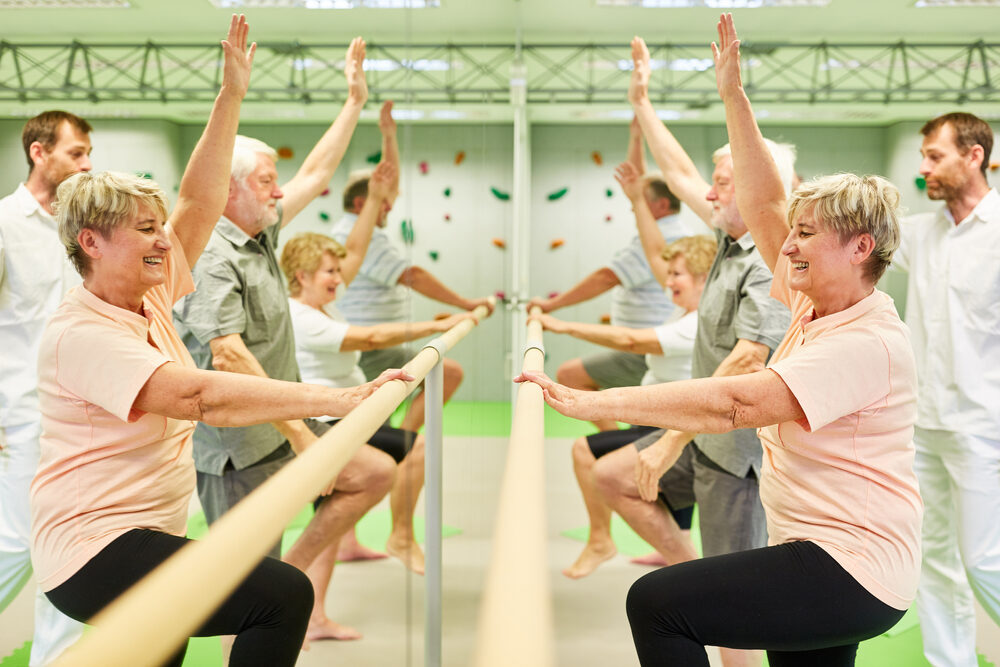Dear Savvy Senior,
What can you tell me about restless leg syndrome? Over the past year or so I’ve developed an uncontrollable urge to move my legs because of an annoying tingling sensation, and it’s keeping me awake at night.
—Always Tired
Dear Tired,
If an irresistible urge to move your legs has you kicking in your sleep, then chances are pretty good you have restless leg syndrome (or RLS), a condition that affects about 7 to 8 percent of Americans. Here’s what you should know.
RLS, also known as Willis-Ekbom Disease, is a nervous system problem that causes unpleasant or uncomfortable sensations (often described as a creepy-crawly, tingling, itching, aching throbbing, pulling or electric feeling) and an irresistible urge to move one or both legs while you’re sitting or lying down, and the symptoms usually get worse with age. It typically happens in the evenings or nights while resting. Moving eases the unpleasant feeling temporarily.
While RLS is not a life-threatening condition, the main problem, other than it being uncomfortable and annoying, is that it disrupts sleep, leading to daytime drowsiness, difficulty concentrating and even depression.
What exactly causes RLS is not known, but researchers suspect it could be linked to several things including iron deficiency, an imbalance of the brain chemical dopamine, and genetics – about 60 percent of people with RLS have a family member with the condition.
Treatments
While there’s no cure for RLS, there are things you can do to alleviate the symptoms. The first line of defense is usually to avoid certain substances like alcohol, caffeine, nicotine and refined sugar, which can aggravate the problem.
Certain drugs including antinausea drugs, antipsychotic drugs, some antidepressants, and cold and allergy medications containing sedating antihistamines can also make RLS worse. If you take any of these medications, ask your doctor or pharmacist if something else can be taken.
Iron and magnesium deficiencies are also believed to be contributors to RLS, so make an appointment with your doctor and get a blood test to check for this. If you test positive for iron and/or magnesium deficiency, your doctor may recommend supplements.
You may also benefit from self-care treatments such as leg/calf stretches and massage, hot baths or applying hot or cold packs to the affected area. Pressure can also be effective for some people, so you may want to try wearing compression socks.
Getting moderate, regular exercise like walking, cycling, water aerobics and yoga can relieve symptoms too, but overdoing it or exercising late in the day may intensify them.
Medications
If the previously listed tips and self-treatments don’t reduce your RLS, there are various medications your doctor can prescribe that can help, including:
Anti-seizure drugs: These medications affect nerve cell activity to reduce symptoms. Examples include gabapentin enacarbil (Horizant), gabapentin (Neurontin) and pregabalin (Lyrica).
Dopaminergic medications: These drugs, which are taken before bedtime, work by increasing dopamine, a chemical in the brain which helps reduce RLS. Examples are ropinirole (Requip), pramipexole (Mirapex), and the transdermal patch rotigotine (Neupro). But be aware that while these drugs, taken short-term are effective, long-term use can make symptoms worse.
The anti-seizure medicines have become a first-choice drug treatment option for most doctors because they seem to be as effective as the dopaminergic medications, with fewer side effects.
Sometimes, other medications like benzodiazepines – alprazolam (Xanax), clonazepam (Klonopin), diazepam (Valium) – may be prescribed for more restful sleep, but they don’t eliminate the leg sensations, and they can be addictive so it’s best to avoid them if possible.
For more information, visit the Restless Legs Syndrome Foundation at RLS.org.
Send your questions or comments to questions@savvysenior.org, or to Savvy Senior, P.O. Box 5443, Norman, OK 73070.
















